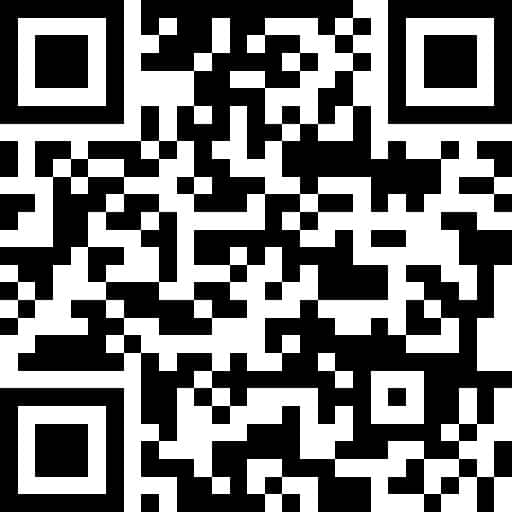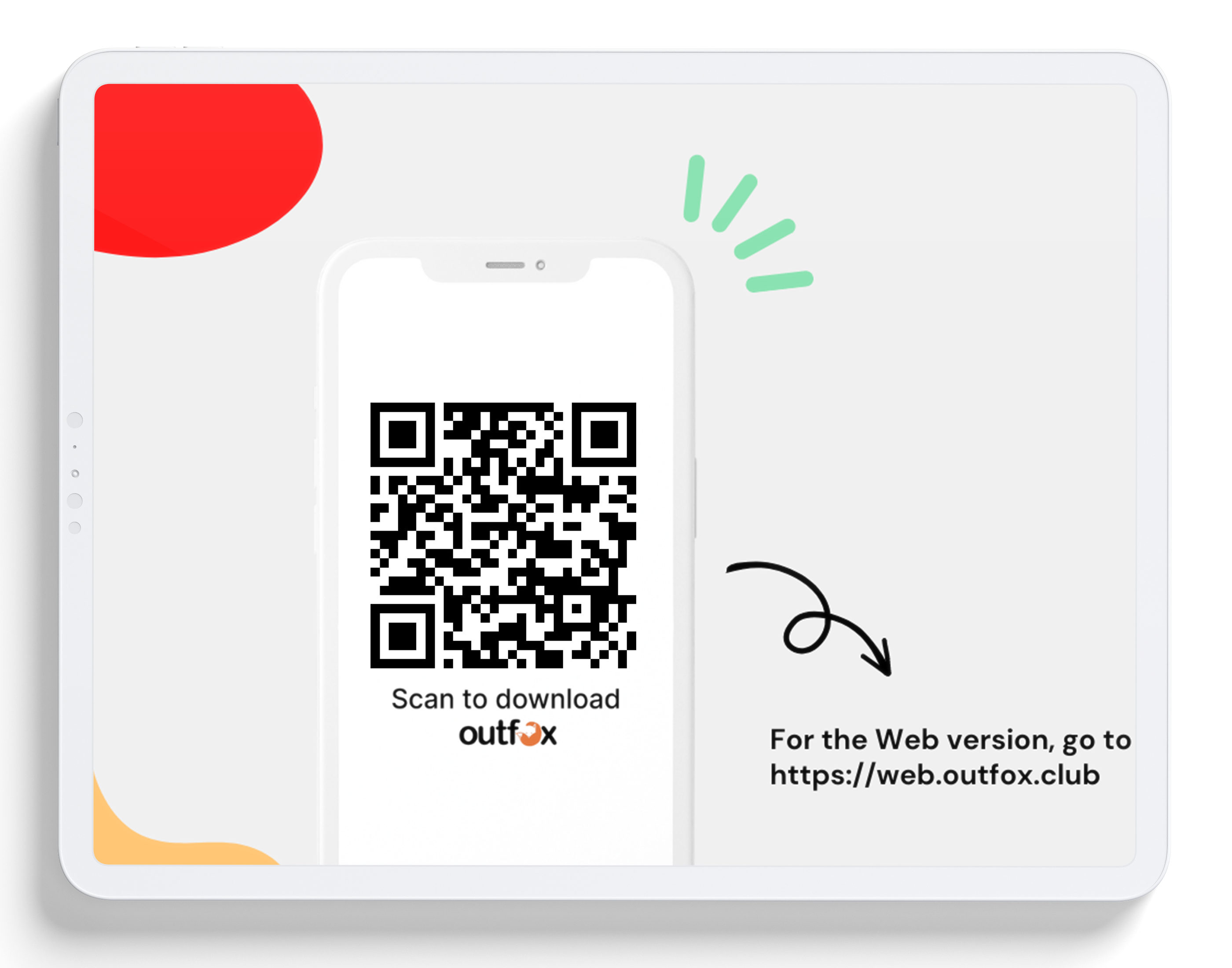The term moonlighting has been around for quite a while, but due to the current economic challenges, many people are starting to use it to describe themselves.
Presently, many Americans are working two or even three jobs to survive. Moonlighting means taking up multiple jobs or other assignments that are not part of one’s primary job. The Covid-19 pandemic is believed to be what gave rise to moonlight, and it is gradually becoming a norm today. Moonlighting can create fatigued, absent-minded employees and pose conflict-of-interest issues, liability risks, and even legal risks. But employees are willing to take the chance to get a second job.
According to reports, moonlighting employees give the following reasons for their actions.
• To have more spending power.
• To offset debts
• To fight boredom
• To increase their savings/investments
• To get more work experience
• To follow their passion Most of these reasons are legitimate and should be respected.
But no matter how honest they are, we can’t deny that moonlighting can negatively affect employees’ productivity.
HOW MOONLIGHTING AFFECTS EMPLOYEES’ OUTPUT
Moonlighting situations sometimes work well for the employee and their employers. But sometimes, it doesn’t work out well, and implementing a moonlighting policy for a business will be the best chance to get the best out of employees. The following are ways moonlighting effects employees’ output.
- Fatigue: Due to the nature of their second job, most moonlighting employees end up too tired to perform their regular duties.
- Hours: Workers who work on an hourly basis may be less available for their work hours because their additional work may limit their time.
- Distraction: The responsibilities associated with their second job may distract moonlighting employees while working on their primary job.
- Conflict of interest: Cases of conflict of interest sometimes arise between the employees’ primary and second jobs.
IS MOONLIGHTING GOOD FOR EMPLOYERS?
We can’t deny that employers are affected by moonlighting employees; the factors listed above can affect work performance and productivity and ultimately affect the employers.
Employers are faced with an ever-increasing challenge of employees taking multiple jobs. Most employers are constantly wondering what they can do to ensure their employees do their best in their primary job.
Employers are wary of moonlighting because of its impact on the business, its clients, business partners, and other stakeholders.
SIGNS OF MOONLIGHTING
Moonlighting employees can be easily spotted by some typical signs they display. It is necessary to check for these signs and investigate appropriately if necessary.
- Increase in work-from-home requests.
Offering employees flexible work time is a good way of encouraging loyal and trustworthy employees. But it can be challenging if employers can’t track the employee’s work, suppose they’re not getting the work done at home. They could be using the opportunity to work for another job.
- Leaving The Office Unannounced
Moonlighting employees often struggle to manage multiple jobs without any being affected. However, with time their second job may interfere with their primary job. If you find an employee always leaving the office unannounced and taking long calls, it could indicate that they’re dealing with problems related to their other job.
- Prolonged off-site meetings
It is usual for meetings to be held outside of the office, and many employees spend a reasonable amount of time away with clients at different places. However, ensure you check for minutes of the meeting and feedback. If you don’t get this, it could signify that you’re dealing with a moonlighting employee.
CONCLUSION
Moonlighting can be a very tricky situation for employers and employees and can severely impact any organisation. Employers can best tackle the effect of moonlighting by Implementing strong moonlighting policies that clearly define their expectations for employees.





